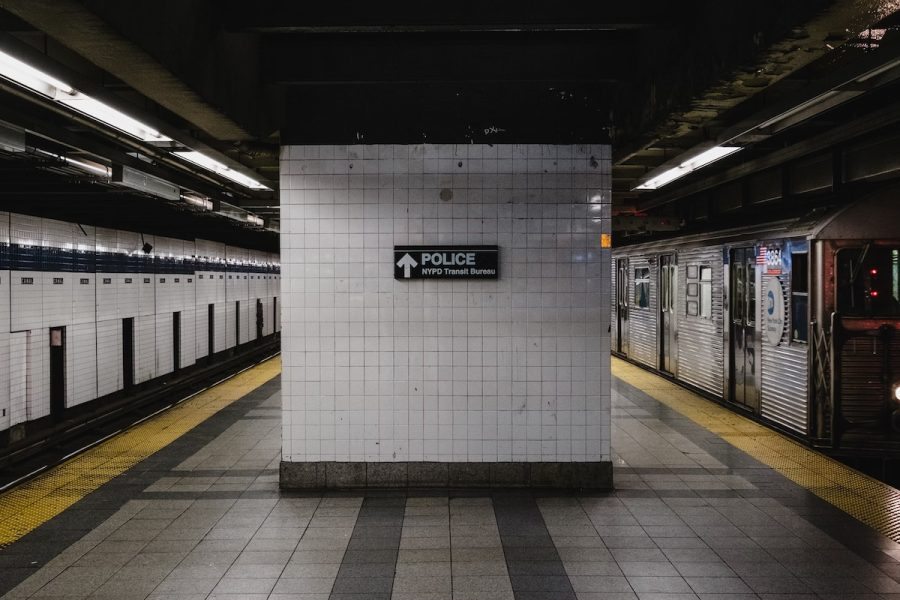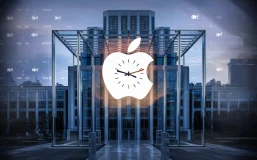AI-powered scanners in New York have received a mixed response from New Yorkers as a potential lawsuit looms.
Launched on Friday, July 26, a pilot program in New York involved using AI-powered scanners to prevent people from taking weapons into the subway system. However, some New Yorkers are critical of the idea, including civil rights advocates who claim that the searches are unconstitutional.
The Evolv scanner uses AI to search for guns and knives and was on display at a subway station in lower Manhattan. Mayor Eric Adams announced a three-day trial, calling the newly installed scanner “good technology.”
“Would I rather that we don’t have to be scanned? Yes,” Adams added. “But if you would speak to the average subway rider, they would state that they don’t want guns on their subway system, and if it means using scanners, then bring the scanners on.”
The scanners are still in an experimental phase but have been used before at baseball stadiums and other venues. In this pilot scheme, a small number of New York subway stations will have scanners employed, with only a select number of riders asked to step through them. New York has not yet signed a full contract with Evolv, with Adams highlighting that other companies are welcome to pitch their own gun-detection solutions.
When the six-foot-tall scanners detect a weapon, an alert is sent to a tablet monitored by a pair of NYPD officers. While everyday items like phones and laptops shouldn’t set off the scanner, Fortune reported that a reporter’s iPad set them off on launch day.
How have New York locals reacted to the scanners?
Civil liberties advocates have been quick to protest the AI scanners, with both the New York Civil Liberties Union and the Legal Aid Society claiming that they would sue the city if the technology is rolled out widely. It’s claimed that the technology violates the constitutional rights of riders.
“City officials have admitted that these scanners are primarily to combat some riders’ ‘perceptions’ that they are unsafe on the subway — this is not a justifiable basis to violate the Constitution,” NYCLU attorney Daniel Lambright told Fortune.
Evolv CEO Peter George has even stated that the New York subway is “not a great use-case” for the technology, as reported by the Daily News. What’s more, the company has also faced many lawsuits and federal investigations in recent years, telling investors last year that it was contacted by the Federal Trade Commission. This includes a class-action lawsuit that accuses Evolv executives of overstating the devices’ capabilities.
Another concern stems from risks around AI safety, with leading AI companies themselves highlighting concerns around safety in artificial intelligence. If such models fail when it comes to detecting real-world weapons, this could quickly lead to dangerous situations.
Logically, for the scanners to be effective, they would need to be installed at every subway entrance, which would presumably result in a hefty cost for the city. It remains to be seen what comes from this pilot scheme and its effectiveness.
This isn’t the first time that the NYPD has employed AI in the subway system, also using learning models to catch fare evaders in 2023.
Featured image: Unsplash

















